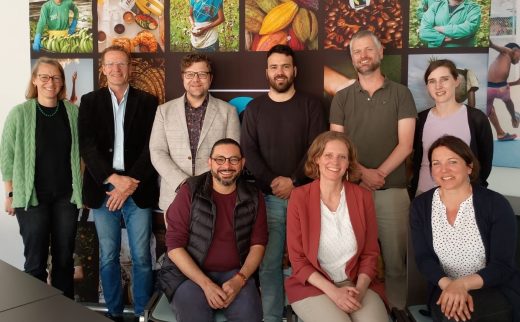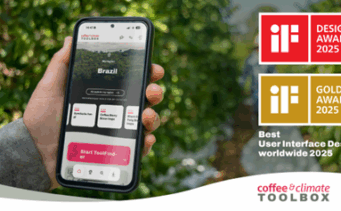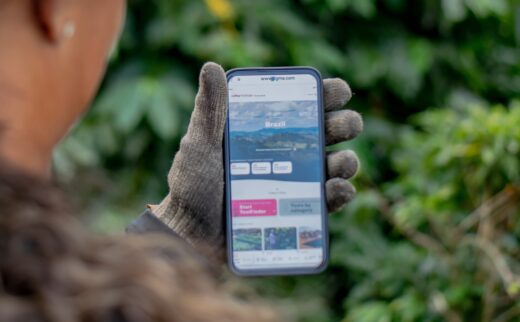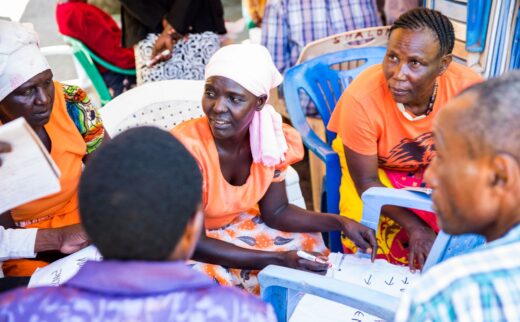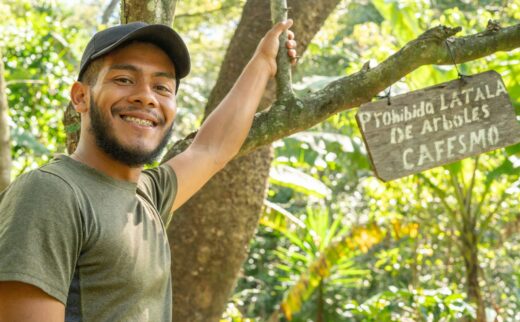“Gender is for Everybody”
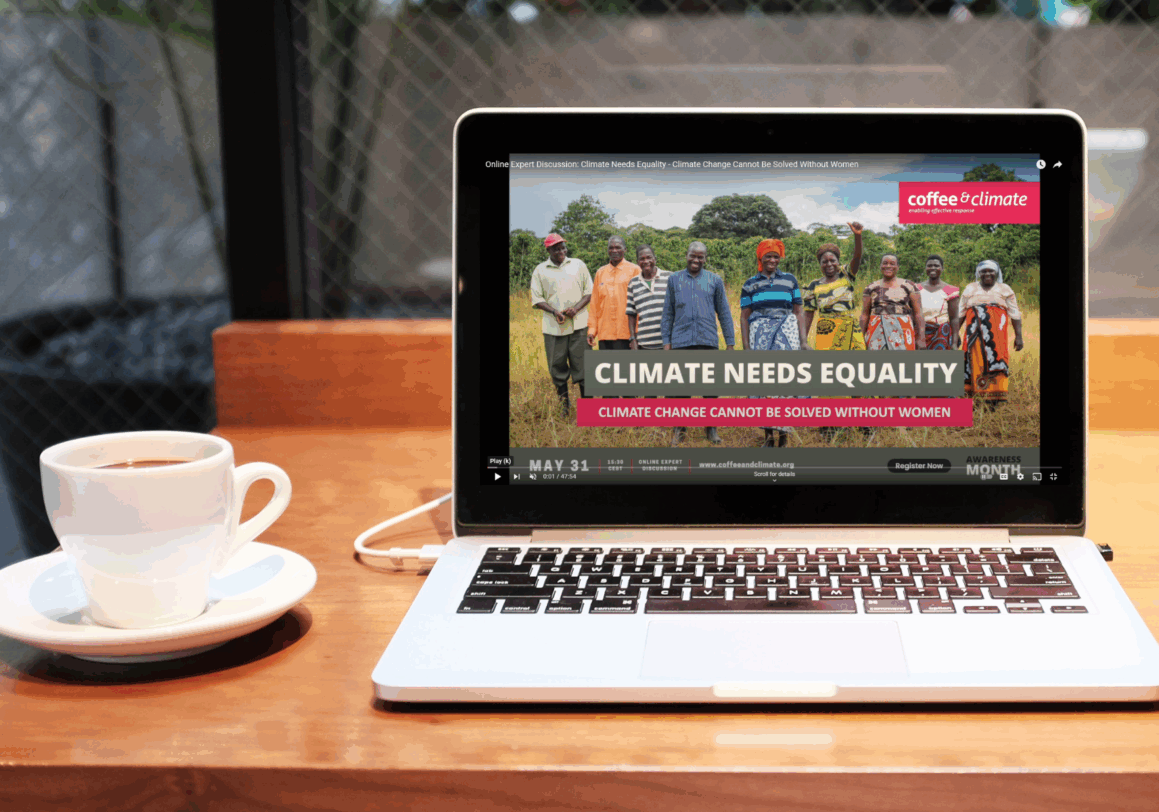
This was our Awareness Month May “Climate Needs Equality – Climate Change Cannot Be Solved Without Women”. It was all about gender equality – and also inequality as the unfortunate status quo – and its connection to climate change, specifically in coffee-growing regions. The highlight of the Awareness Month was our Online Expert Discussion on May 31. The four panelists Fortunate Paska, Eutropia Ngido, Karina Orellana, and Frida Rodhe, shared personal insights, experiences of their work with climate and gender, and pointed out possible ways towards solving the challenges.
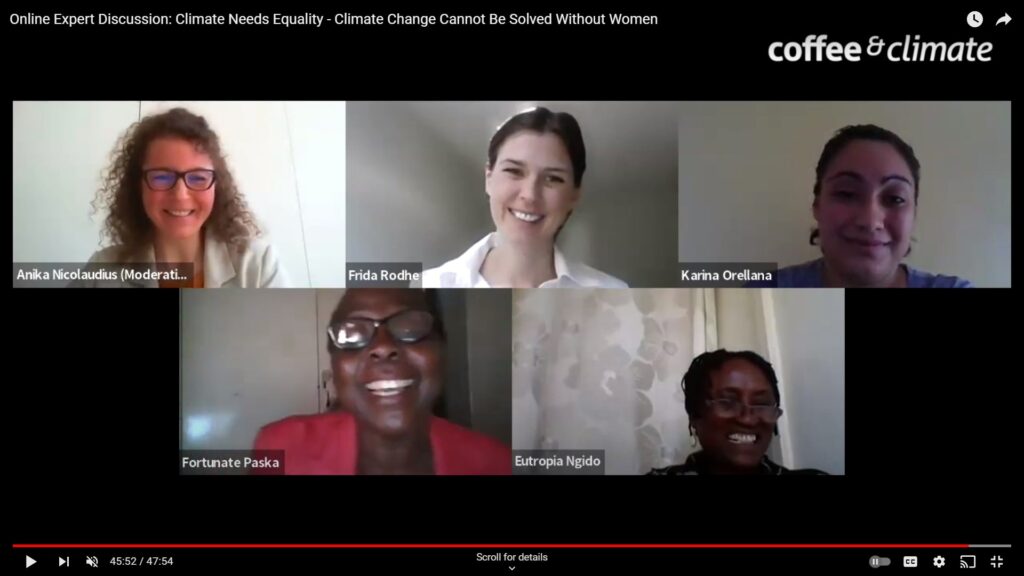
CLIMATE CHANGE IMPACTS WOMEN MORE THAN MEN
Many women in rural areas walk long distances to collect water and firewood for cooking. Even more as rising temperatures and droughts cause more water scarcity, and as forest cover reduces. The collection of firewood furthermore contributes to deforestation and exacerbates the effects of climate change.
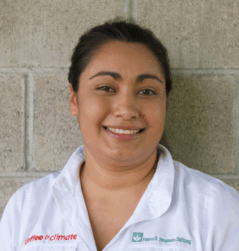
When I was a child, I had to carry water together with my mother and sister for 30 minutes every day. This has given me a deep appreciation for the challenges that women in these communities face, and a strong motivation to work towards finding solutions that promote social equity and environmental sustainability.
The high workload keeps women from participating in trainings, engaging in community groups, schooling, and income-generating activities. They are often not involved in decision-making – also in decisions that could improve climate resilience of the community. They have less control over money and less access to technology or inputs that could improve their responsiveness to climate change impacts, such as seeds of drought-resistant plants. All this makes it harder for them to manage the impacts of climate change.
GENDER INEQUALITY INHIBITS CLIMATE ACTION FROM REACHING ITS FULL POTENTIAL
Approaches to respond to climate change that don’t include the gender aspect, are unlikely to reach their full potential. Fortunate Paska reported an experience with an attempt to implement rain water harvesting and energy saving cooking stoves. The goal was to address the issues of limited fuel for cooking and water for domestic and productive tasks. However, the rainwater harvesting was implemented more effectively than the cooking stoves. Obviously, men had prioritized the water harvesting for production and neglected the cooking stoves as cooking is seen to be a female task. It was through couple meetings promoting the idea of shared roles in the household that then gradually improved the situation.
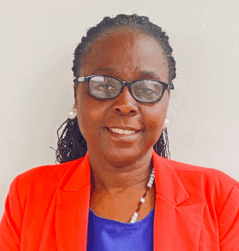
The social norms that provide a firm basis for patriarchy often set limits to approaches that shall improve climate change resilience and mitigation. We need gender transformative approaches to overcome harmful gender norms and enable an equal distribution of power, resources, and services.
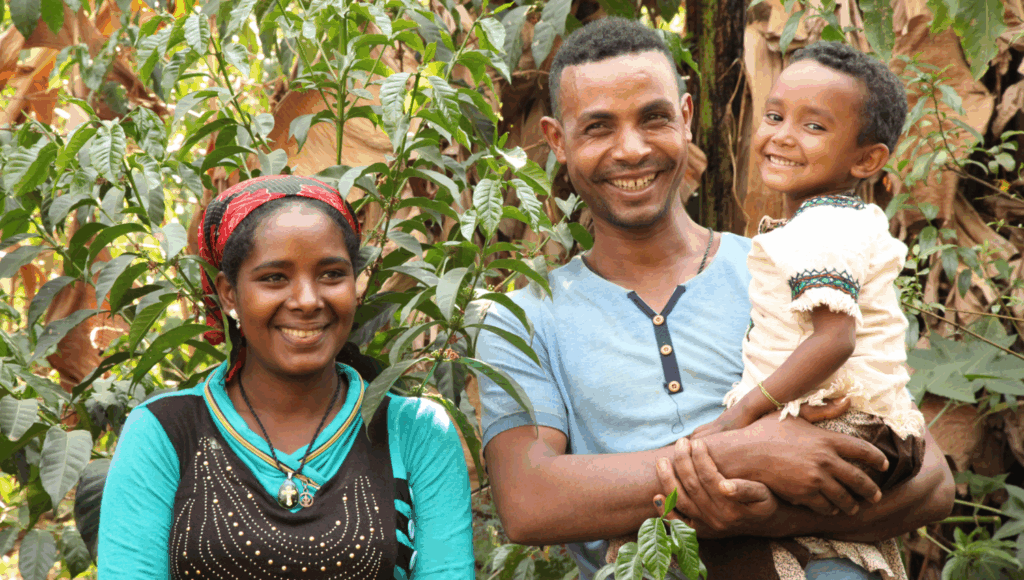
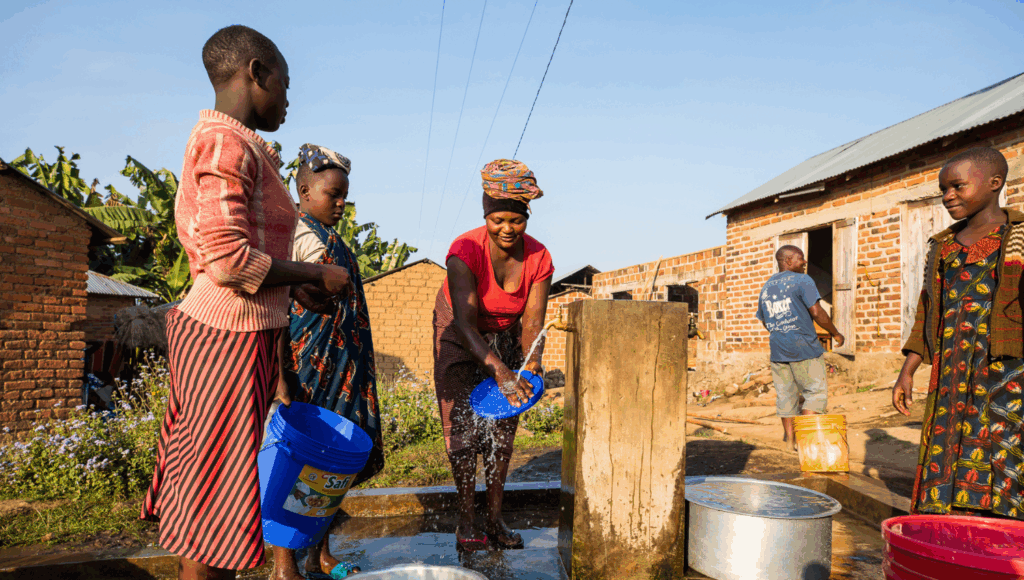
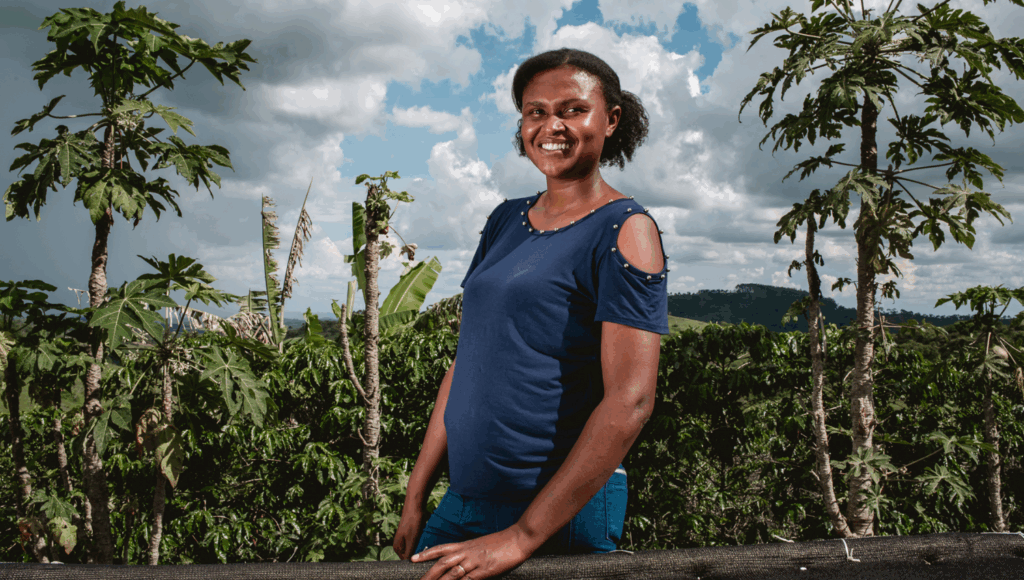
INTERSECTIONALITY MAKES THE SITUATION EVEN MORE COMPLEX
At the same time, it is important to not only focus on women as a general group with different challenges than men but to acknowledge disparities among women as well. There are differences between women in urban and rural areas, whether they are well-educated or less educated, employed or not employed. Employed women in cities, for example, have more access to information than unemployed women living in the countryside and they receive warnings about climate-related events earlier.
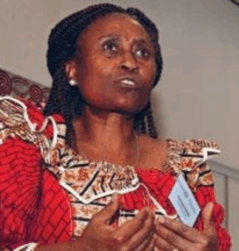
Analyses and solutions are oftentimes too superficial. We as practitioners need to look at intersectionalities and at the challenges of the specific groups of women to address them properly. That takes more time than is often provided.
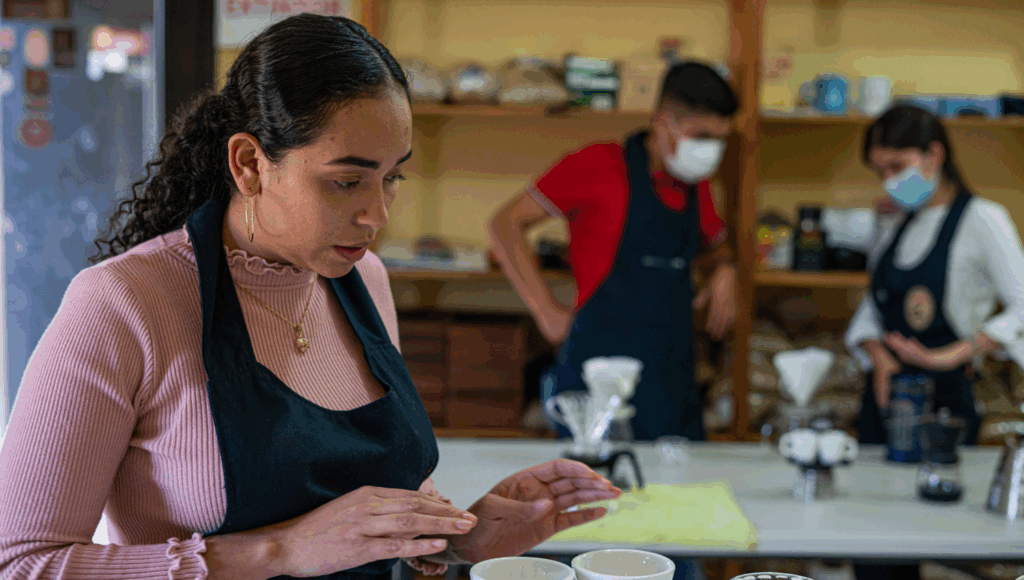
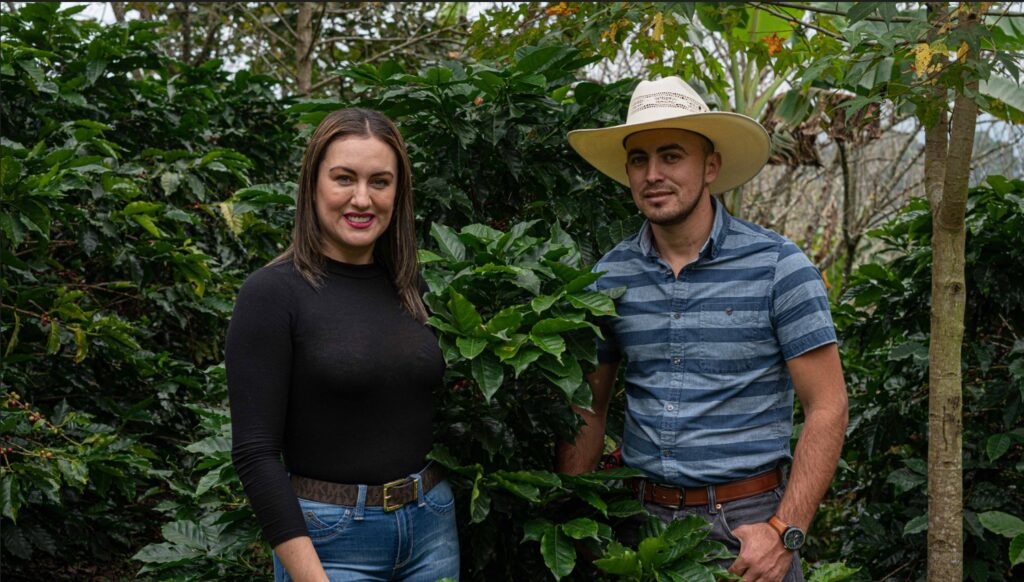
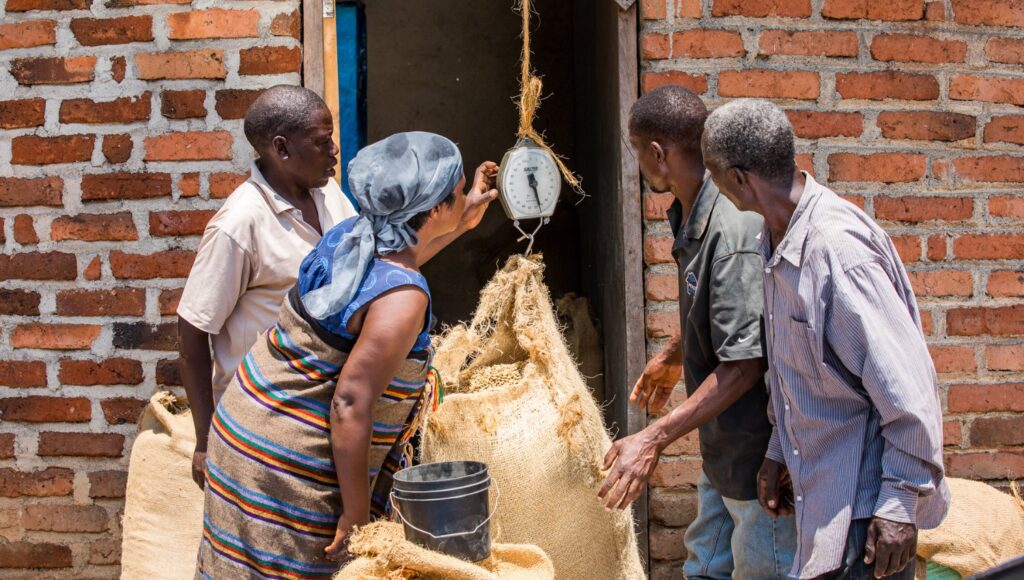
GENDER EQUALITY NEEDS TO BE ADDRESSED HOLISTICALLY
Frida Rodhe pointed out that organizations should implement gender aspects throughout all activities: All climate projects should include gender because gender equality is the way to achieve resilience for everybody. Additionally, there should be specific gender and climate projects. Both were needed to move forward in a direction of sustainable development. Furthermore, it was crucial for organizations to monitor their activities and learn continuously from their experiences to constantly adjust their approach to the reality they meet. Frida Rodhe also emphasized the importance of addressing all members of society. All this needed time and patience to change behaviors and deep structures.
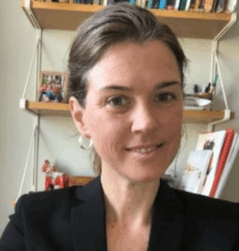
We need to include the whole of society in tackling gender inequality. It should not be just women sort of fighting for their empowerment, but we need to have everybody – also men and youth – understand the importance of equality. So that everybody is on board.

We must see a coffee farm as a family business and work with all members towards gender equality. In my country, many say: Gender is for women. That is not true. Gender is for everybody!
WATCH THE FULL DISCUSSION ON YOUTUBE:
You are currently viewing a placeholder content from YouTube. To access the actual content, click the button below. Please note that doing so will share data with third-party providers.
More Information